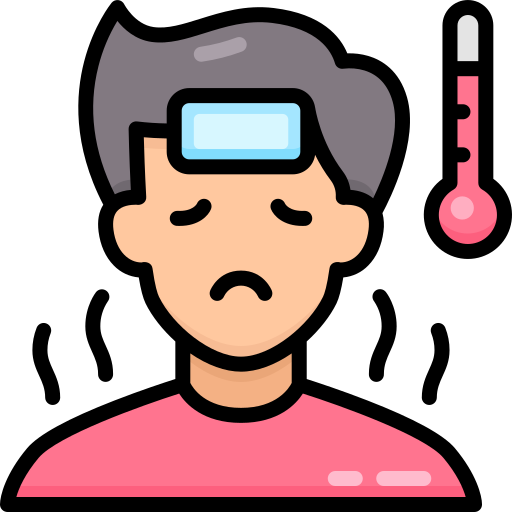Kids’ Health
- Home
- /
- Kids’ Health
Nutrition
Good nutrition is essential for children’s growth, development, and overall health. Just like adults, kids need a balance of nutrients like proteins, carbohydrates, fats, vitamins, and minerals. However, the specific amounts vary based on age, activity level, and other factors. A diet rich in fruits, vegetables, whole grains, lean proteins, and low-fat dairy products provides the building blocks for strong bodies and sharp minds.
It’s crucial to limit sugary drinks, unhealthy snacks, and excessive processed foods. Establishing healthy eating habits early in life sets a strong foundation for lifelong well-being. Involving kids in meal planning and preparation can make eating nutritious foods fun and engaging. Remember, small steps like adding more colorful fruits and vegetables to their plates can make a big difference.


Fitness
Regular physical activity is crucial for children’s growth, development, and overall well-being. It helps build strong bones and muscles, improves cardiovascular health, and enhances flexibility and balance. Active kids tend to have better sleep, focus, and self-esteem. Incorporating fun activities like dancing, biking, swimming, or playing tag into daily routines can make exercise enjoyable. It’s essential to limit screen time and encourage outdoor play.
Setting a good example by being active yourself is key to inspiring kids to embrace a healthy lifestyle. Family outings like hiking, playing sports together, or simply taking a walk can create lasting memories while promoting fitness. Remember, the goal is to make exercise fun and accessible, fostering a lifelong love for physical activity.
Mental Health
Children’s mental health is just as important as their physical health. It encompasses their emotional, social, and psychological well-being, influencing how they think, feel, and behave. Building resilience and coping skills from a young age is crucial for their overall development. Factors like family relationships, school environment, and personal experiences contribute to their mental health. Signs of mental health challenges in kids can include changes in mood, behavior, or sleep patterns.
It’s essential to create a supportive and nurturing environment for children. Open communication, active listening, and spending quality time together can strengthen their emotional well-being. Recognizing the signs of mental health issues and seeking professional help when needed is vital. Early intervention can make a significant difference in a child’s life.


Developmental Milestones
Developmental milestones are significant steps in a child’s growth and development. These milestones cover various areas, including physical, cognitive, social, and emotional skills. Rolling over, crawling, walking, and talking are examples of physical milestones. Cognitive milestones involve problem-solving, learning, and memory development. Social and emotional milestones encompass building relationships, expressing emotions, and developing self-esteem.
It’s important to remember that every child develops at their own pace. While milestones provide a general guideline, variations are normal. Regular check-ups with healthcare providers help track a child’s progress and address any concerns. By understanding developmental milestones, parents and caregivers can provide appropriate support and stimulation to help children reach their full potential.
Common Illnesses
Children are prone to a variety of illnesses due to their developing immune systems. Common ailments include the common cold, characterized by runny nose, congestion, and cough. Ear infections often accompany colds, causing ear pain and irritability. Other frequent offenders are stomach bugs leading to diarrhea and vomiting, and fever, which can indicate various underlying infections. It’s essential for parents to recognize common symptoms and when to seek medical attention.
Preventing the spread of germs is crucial in reducing the likelihood of illness. Regular handwashing, covering coughs and sneezes, and staying up-to-date on vaccinations are effective measures. While most childhood illnesses are mild and self-limiting, it’s important to consult a pediatrician for persistent or severe symptoms.





